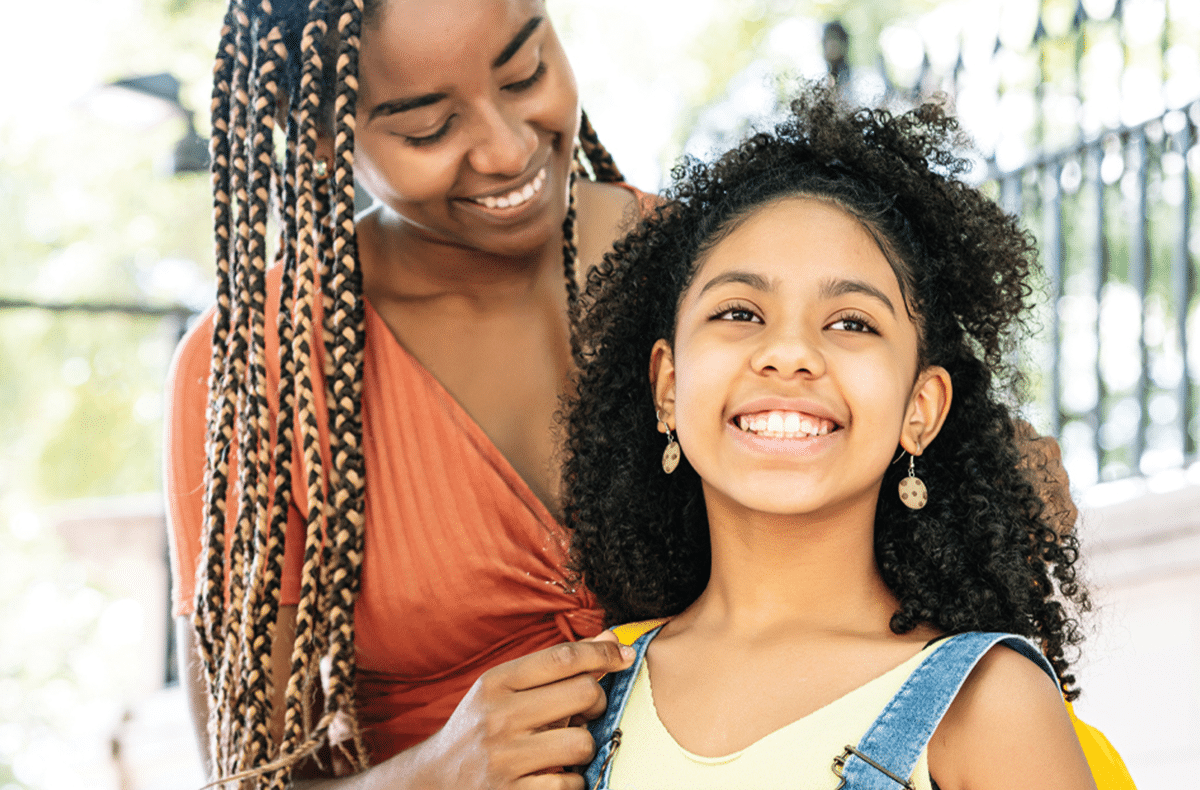How to discipline with kindness for happy, balanced kids

When time out, shouting and threats don’t seem to work, is there a better way to make your children listen to you? Yes, say the experts, and it’s something that may surprise you: kindness and compassion.
We all crave a sense of stability and security – kids included. That’s why, when your toddler or eye-rolling seven-year-old feels that her voice is being heard, she feels validated and is more likely to learn from her mistakes.
That’s according to Kerryn Giles, an educational psychologist and owner of Child’s Play, who explains that when we empathise with our children, we create an environment where it is possible for them to become aware of their emotions – and that, in turn, makes it easier for them to manage the big, sometimes scary feelings that they often don’t understand.
EVERYONE WORRIES LESS
Plus, Giles adds, there is usually a lot less worry in households where parents have adopted an approach centred around empathy. Kids know what their parents expect of them, so they tend to worry less about what they have to do and how their parents will react, while parents worry less about whether their children will behave and how they’ll handle it if they don’t. This is especially useful now, in these times of pandemic.
‘You both know the rules ahead of time,’ says Giles, ‘as well as the consequences if you don’t follow them. In times of anxiety, consistency and clear expectations provide a sense of calm and remind our children that not everything is chaotic – despite how chaotic the pandemic might seem,’ she adds.
She warns, though, that there is a fine line between disciplining from a place of empathy, and allowing your children to ‘call the shots’.
Related article: 10 Tips for raising happy, well-rounded children
HOW TO DO IT
Parenting with empathy means that you’re not punishing your children for being human – but you still have to teach them appropriate behaviours. Here’s how:
Name and validate the emotion. Try saying something like, ‘I hear that you’re feeling angry,’ Giles suggests. Acknowledging an emotion doesn’t mean giving free rein to it, though. This is where you need to provide an appropriate alternative that still allows your child to give vent to their feelings. You could, for instance, point out that it’s not acceptable to hit a friend when you feel angry, but it’s okay to hit your pillow.
Be consistent. Giles says this is the most important pillar of empathetic parenting. ‘Keep reminding your child of your rules, and follow through when they break them – don’t make empty threats, because your child will find it hard to trust you if you don’t keep your word.’ Point out that choosing not to follow rules has consequences, and don’t allow situations to escalate into a battle of wills. You are the adult.
Give your children choices. This gives them a sense of control, but within your boundaries. For example, if your child doesn’t want to go and bath, say, ‘okay, would you rather go and bath in five minutes?’ This also encourages problem solving and reasoning. Don’t give them too many choices, however, as that could confuse them.
Resist sinking to your child’s emotional level, as difficult as it might be sometimes! As an adult, you should be able to regulate your emotions, even if this means taking a minute so that you can calm down. Just as your child needs to stick to the rules, so do you. If you’ve decided to adopt this approach, you need to understand that you can’t turn to smacking or other punishments when you feel frustrated.
Related article: Single moms share their tips for solo parenting
WHAT THE PARENTS SAID
Does conscious and compassionate parenting work? Here’s what the parents we surveyed had to say:
‘This approach has worked well for us. We are firm with boundaries, but in a gentle and loving manner. We get very little pushback from our toddler.’ – Babalwa
‘I am surprised that loving, kind and supportive parenting is not the norm. I think it’s about time we shifted towards a more kind and loving society.’ – Naomi
‘Teaching emotional regulation to a child requires modelling emotional regulation – something I fail at dismally! Once you start this journey, you realise how easy it is, as a parent, to be reactive and controlling, rather than compassionate and responsive. Goodness, it’s hard – but worth it!’ – Kate
Related article: 11 Signs you’re over-parenting and why it’s a bad thing
BY LISA WITEPSKI
Related articles

Latest Jet club magazine
We’ve got the latest trends, exciting prizes and exclusive savings just for you!
Jet Club will not pass your details to anyone else. By clicking the subscribe button you confirm you have read and agree to the Jet Club Terms and conditions and Jet Club Privacy Statement.
Subscribe



